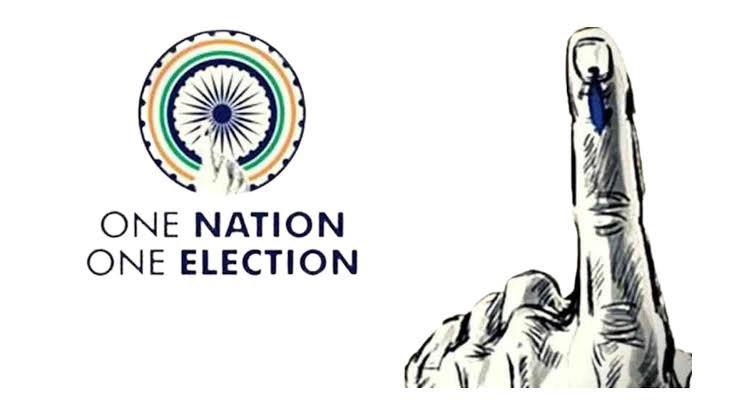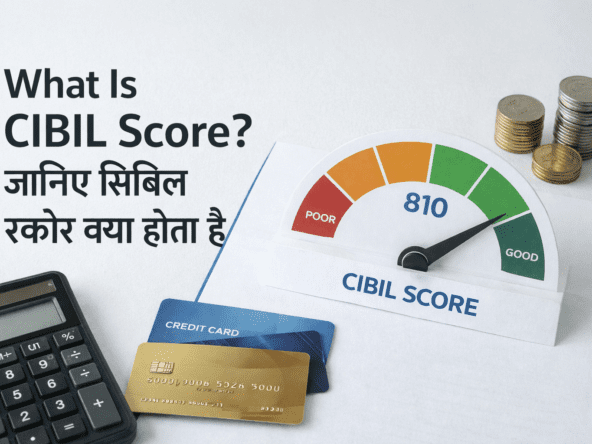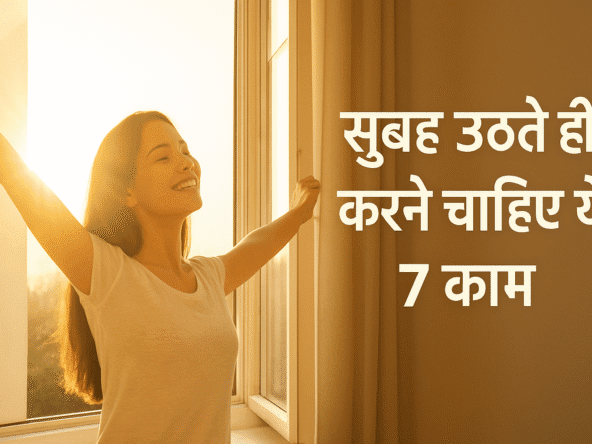The “One Nation, One Election” (ONOE) is a proposal to hold simultaneous elections for the Lok Sabha (the lower house of the Indian Parliament) and all state legislative assemblies. Currently, Lok Sabha elections are held every 5 years, while state assembly elections are held at different times, depending on the term of the respective state assemblies.
The ONOE proposal has been mooted by several political parties and experts, who argue that it would save money, reduce the burden on the Election Commission, and free up the government to focus on governance. However, there are also some concerns about the feasibility of the proposal, such as the need for a constitutional amendment and the possibility of voter fatigue.
The ONOE proposal was first implemented in India in 1951-52, when the first general elections to the Lok Sabha and all state legislative assemblies were held simultaneously. However, the practice was discontinued after the 1967 elections.
In recent years, there has been renewed interest in the ONOE proposal. In 2019, the Election Commission of India (ECI) submitted a report to the government, stating that it was administratively ready to conduct simultaneous elections. However, the government has not yet taken any concrete steps to implement the proposal.
The ONOE proposal is a complex issue with no easy answers. There are both pros and cons to the proposal, and it is ultimately up to the government and the people of India to decide whether or not to implement it.
Here are some of the pros and cons of the ONOE proposal:
Pros:
- Saves money: The Election Commission estimates that simultaneous elections would save the government around Rs. 5,000 crore (US$675 million) every 5 years.
- Reduces burden on the Election Commission: The Election Commission would not have to conduct elections every few months, which would reduce the burden on its resources.
- Frees up the government to focus on governance: The government would not have to be distracted by electioneering, and could focus on its core functions of governance.
- Promotes national integration: Simultaneous elections would help to promote national integration by giving all Indians a common election day.
Cons:
- Requires a constitutional amendment: The ONOE proposal would require a constitutional amendment, which is a difficult and time-consuming process.
- Possibility of voter fatigue: Voters may be fatigued by having to vote every 5 years, instead of every few years.
- Difficult to implement: It would be difficult to implement the ONOE proposal in a country as large and diverse as India.
- May not be feasible in all states: Some states may not be ready for simultaneous elections, due to factors such as security concerns or the need for delimitation of constituencies.
Ultimately, the decision of whether or not to implement the ONOE proposal is a complex one that must be made by the government and the people of India. There are both pros and cons to the proposal, and it is important to weigh all of the factors involved before making a decision.




